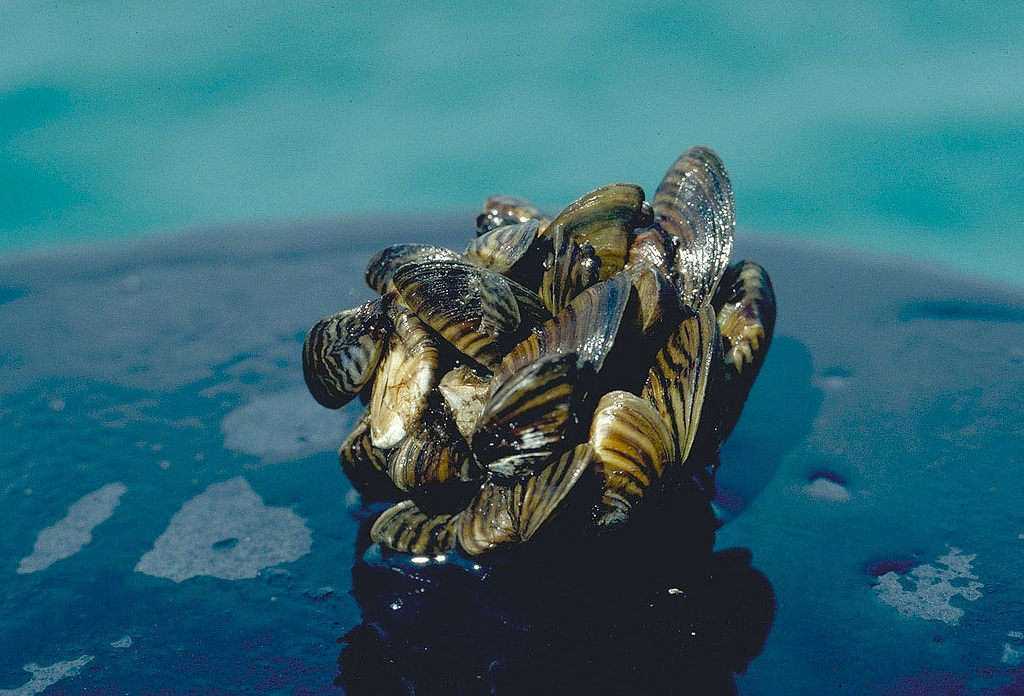Yesterday, the Government of Canada reaffirmed its commitment to stem to the spread of aquatic invasive species, announcing new funding for research, education, and public outreach on the problem of zebra and quagga mussels.
Stephen Fuhr, Member of Parliament for Kelowna-Lake County announced that Simon Fraser University (SFU) will receive $100,000 over four years to conduct research that will help assess the risk of spread and predict the ecological impacts of non-native mussels in the Okanagan region.
“Aquatic invasive species pose risk to Canada’s waterways and have potential economic impacts. Our Government takes the threat posed by Zebra and Quagga mussels seriously and is committed to preventing these species from spreading and establishing themselves further in our waterways,” said Fuhr. “Today’s investment will increase our understanding of these species and inform future management decisions.”
The research at SFU will ensure that the Okanagan area will be better prepared in case of a mussel invasion and will understand where to focus management efforts.
“Co-investigator Jon Moore and I are really excited about this new project. It’s known that zebra mussels have disastrous ecological and economic impacts when they are introduced into new areas,” said Dr. Isabelle Côté, department of Biological Sciences, Simon Fraser University. “Our hope is that this new project is going to reveal what the ecological stakes are specifically for the Okanagan region if zebra mussels find their way there, and how we can delay this invasion for as long as possible.”
Fuhr also announced that an additional $400,000 over three years will be invested for education and outreach purposes to complement the current efforts deployed by British Columbia and other partners within the Okanagan Basin.
The Canadian Council on Invasive Species (CCIS) will use this funding to create new and updated signage at boat launches, television commercials, informative articles, and online resources. These resources will be beneficial in creating consistent messaging across British Columbia.
“The Canadian Council on Invasive Species is pleased to work in partnership with DFO in launching the Clean Drain Dry program in BC, as the foundation for a nationwide program,” said Barry Gibbs, executive director, Canadian Council on Invasive Species. “Boaters, recreationists and fishers are important partners in protecting local watersheds by ensuring that boats and equipment are free of aquatic invasive species, particularly invasive mussels through implementing Clean Drain and Dry as a standard practice.”
Zebra and Quagga mussels have not yet been recorded in British Columbia waters. However, the region is at high risk of invasion due to the relative proximity of established populations and the discovery of zebra and quagga mussels on recreational boats intercepted en route to the Okanagan.
Zebra Mussels are found throughout Lake Winnipeg, the Great Lakes, Lake St. Clair and the Mississippi river watershed. Quagga Mussels are found in Lake Ontario, Michigan, Huron and Erie. They have also been found in the St. Lawrence River.









